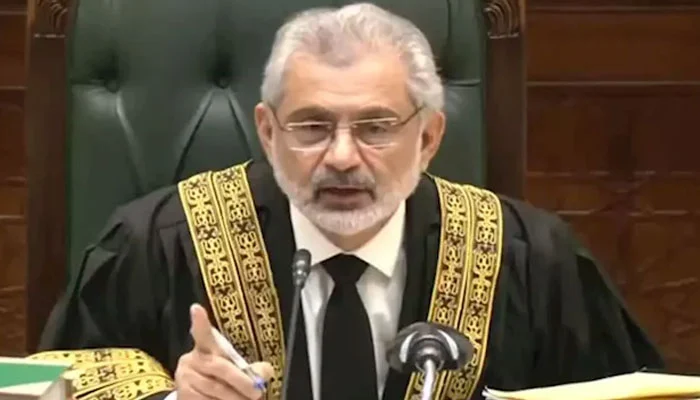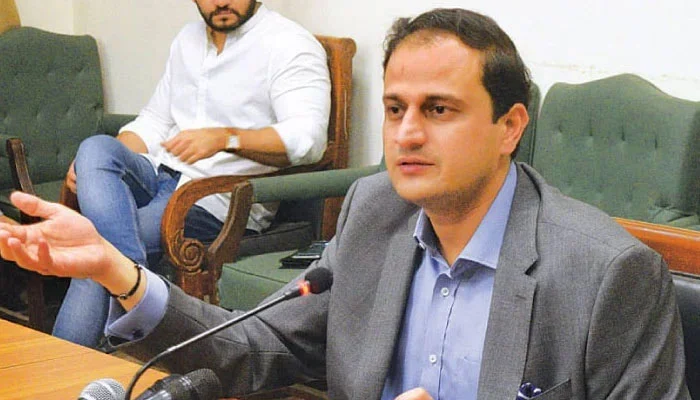In a significant development in Pakistan’s legal landscape, Chief Justice of Pakistan, Justice Gulzar Ahmed, has set conditions on the hearings of sensitive cases. The decision comes as part of the Practice and Procedure case and is aimed at streamlining the process of handling high-profile and sensitive legal matters.
According to sources within the Supreme Court, Justice Gulzar Ahmed issued important directives to the Registrar’s Office. These directives explicitly state that the hearings of sensitive cases will be contingent on the decision reached in the Practice and Procedure case. This decision represents a departure from the usual practice, signaling a proactive approach to managing the country’s legal affairs.
The Practice and Procedure case revolves around crucial aspects of how cases are processed and handled within the judiciary. It pertains to the procedural rules, guidelines, and protocols that govern the court’s functioning, including the scheduling of hearings, the submission of evidence, and the dispensation of justice.
As per the new directives, sensitive cases of national importance will not be scheduled for hearings until after a decision has been reached in the Practice and Procedure case. This means that cases involving significant political, social, or economic implications will be put on hold until the legal framework for conducting hearings is finalized.
The rationale behind this approach appears to be twofold. First, it ensures that the legal process itself is structured and orderly, aligning with the principles of fairness, justice, and transparency. By resolving the Practice and Procedure case first, the Supreme Court aims to create a more efficient and accountable legal system.
Second, this decision aims to prevent sensitive cases from becoming embroiled in unnecessary delays, ensuring that the judiciary can focus on handling such cases with diligence once the foundational legal framework is in place.
The decision by Chief Justice Justice Gulzar Ahmed underscores the judiciary’s commitment to upholding the rule of law and providing a fair and impartial legal process for all cases, particularly those of national significance. It also reflects a forward-looking approach to judicial reforms, emphasizing the importance of a well-defined legal procedure.
While this decision may lead to a temporary halt in the proceedings of certain high-profile cases, it ultimately serves the greater goal of enhancing the efficiency and effectiveness of Pakistan’s legal system. It sends a strong message that the judiciary is dedicated to ensuring that justice is not only delivered but is seen to be delivered in a transparent and accountable manner, particularly in cases of national importance.



